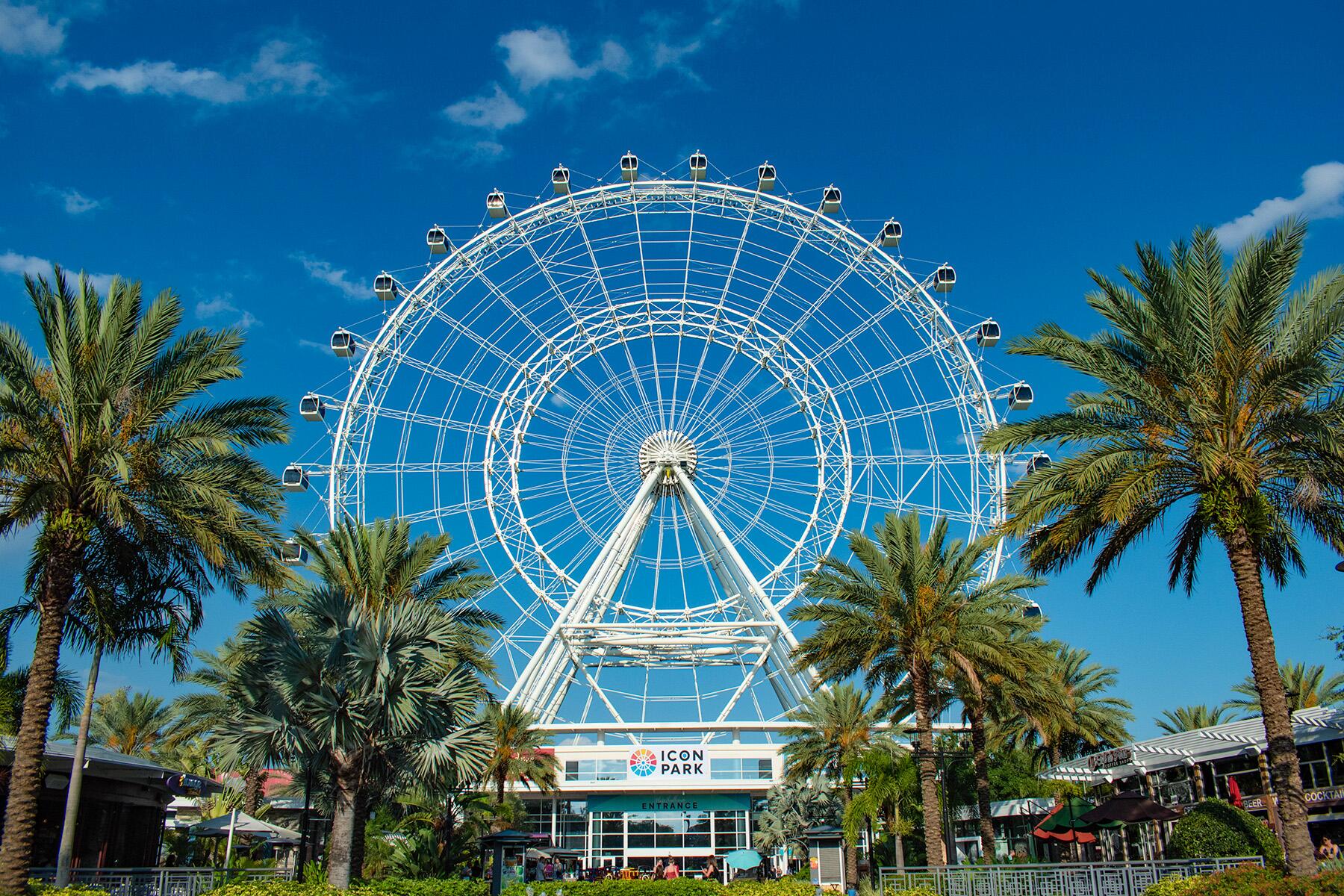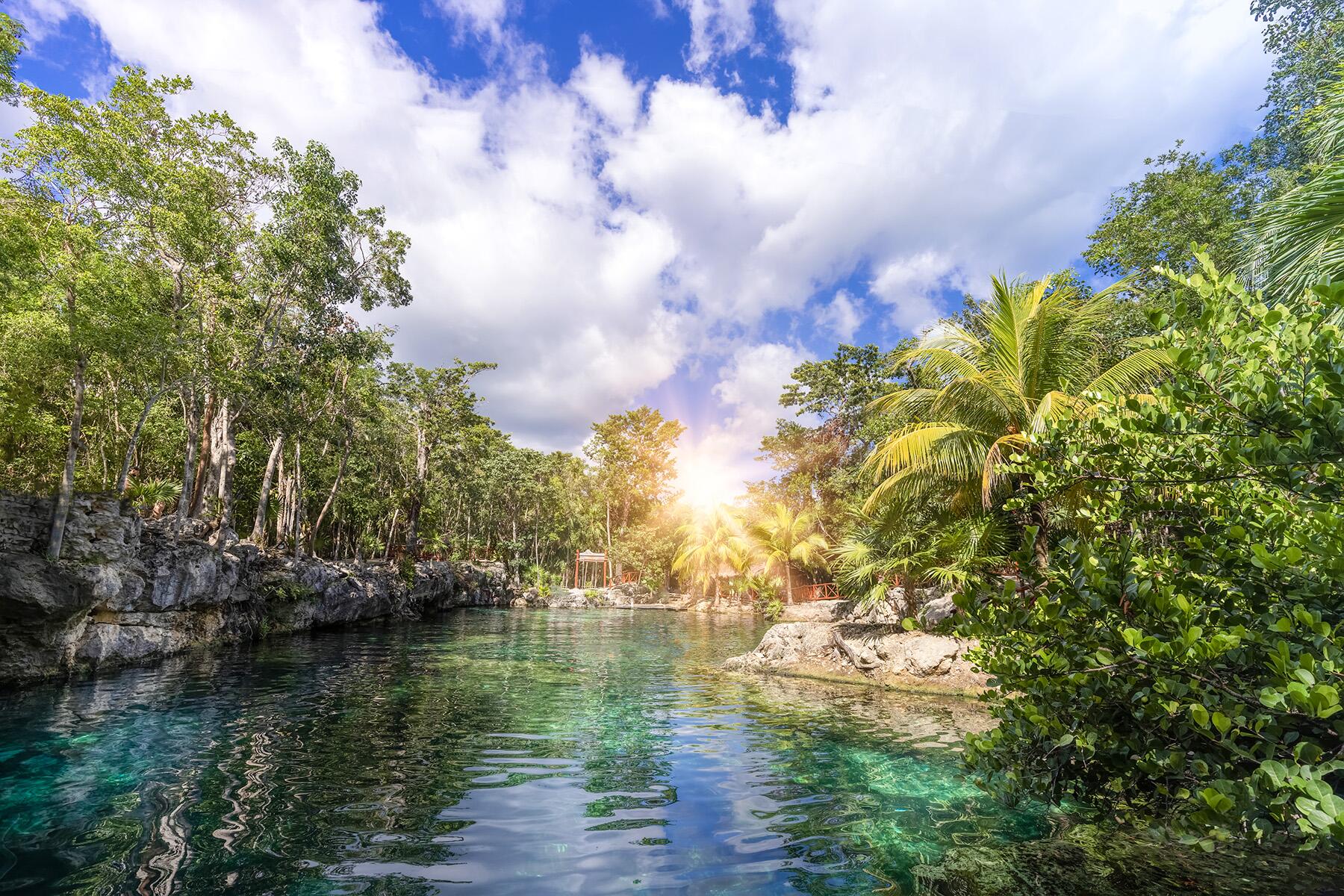Take the pictures and then go back to enjoying your trip.
When it comes to travel, technology is a valuable resource and a now indispensable tool to discover far-flung destinations and plan your trip. Vibrant photographs and aspirational videos entice would-be travelers who plan their itineraries based on blogs and reviews, make the arrangements via a slew of booking websites, and then later document the experience on their phones.
But in the same way that technology in our everyday lives tends to cause more harm than good when used in excess, the act of traveling has the potential to become overwhelmed by technology too.
The good news is that if we allow it, travel can be the perfect opportunity to disconnect and relinquish our tech-influenced routines. So, how can we take a more offline approach to travel while still utilizing the benefits that tech brings? Read on.

Let Go of the Need to Know Everything in Advance
It is quite normal for people to go through their entire day only feeling comfortable if they know exactly what will happen later. This information can be helpful in your regular life so that you can optimize your time, manage your stress, or keep your anxieties in check. But if you are traveling to have a new experience, why not approach travel differently?
Recommended Fodor’s Video
One of the most exciting aspects of travel is not knowing what will happen next, who you will meet, what you will find, or where you will end up. Not knowing what’s next is not always possible in your everyday life, with its routines and predictabilities. Leaning into the unknown leaves room for discovery and surprise—technology-free.
Rein in Your Expectations
It is easy to conduct exhaustive research into a place so that you can meticulously program your expectations at every turn. You can read opinions, reviews, and blogs and then set your expectations around the experiences of others. That doesn’t mean you need to do it.
It is natural to have expectations, and sometimes you don’t even realize you have them until they are not being met. It can be challenging to ignore expectations entirely, but you can loosen them a bit. It helps not to read every review or opinion about a place before you go there. If you like the looks of something and decide to see it for yourself, allow the experience to happen without considering the entire internet’s take beforehand.

Take Risks
This is not in reference to dangerous risks but instead the risk of taking a chance on something new. If you intend to be out of your comfort zone and find new experiences, you have to put yourself in new situations.
Many times, the unexpected, off-the-cuff experiences are what people remember when they travel — when things went a little wonky, when something crazy happened, or when you met a person who shared something special with you when they didn’t have to. Yes, you will remember the time you had a sunset dinner overlooking the sea, but we all know how a precious seaside dinner ends.
What we do not know is what could happen when you get on a bus to a location someone recommended, then the bus breaks down, and yet somehow, this adventure unfolds into the highlight of your trip. Many times, the most unforgettable and interesting moments of traveling are found in unexpected situations.
Deviate From the Algorithms
Most people do not have unlimited time and money for travel, so they are motivated to maximize their resources by avoiding sub-par experiences. However, it frequently occurs that the places that look appealing on the internet are misrepresented, and effective marketing does not always translate into an enjoyable experience. In many world-famous locations, people spend a lot of time waiting for the perfect moment to snap a photo because just outside of the frame is a crowd of people all taking photos themselves. The experience instead ends up feeling more like a social commentary on our meta-existence than the stunning and pristine locale it had been portrayed as.
Remember that the same locations you are finding on the internet are what everyone else is seeing too, so don’t be afraid to use your own judgment. If you see a restaurant that has an ambiance that is appealing and the people there look happy, and the food smells good, trust your own inner data processing to tell you what you might like.

Do Your Research on the Ground, in Person
Instead of opening your browser, speak to actual people — the tour guide, the bartender, the hotel receptionist, or the random folks you come across in everyday situations. Depending on where you are in the world, it could be obvious that you are a tourist, and sometimes local people enjoy talking to visitors and telling them information about their country. Not everywhere is this the case, so when you find friendly locals, this is the time to listen to what they have to say. If someone is volunteering information without you having to do much pressing, this is an opportunity to get the insider tips that are not easily found on the internet.
Spend Less Time Taking Photos
There is nothing wrong with taking photos. It is a way for you to remember your trip and to share it with others. But sometimes, once people have their photos, they lose interest in where they are and immediately begin scrolling through their phone to admire them.
If the reason you are traveling is because you want to enjoy your own life through the gaze of an outsider, then by all means, take photos of every second. But if that is not your aim, then be more intentional about how much time you spend documenting your experience. When the documentation phase is complete, you can sit and take in whatever it is about that place that appealed to you in the first place. Listen to the sounds, smell the scents, feel the breeze, and look at the scene through your eyeballs, nature’s original viewfinder.
Avoid Over-Planning
When every moment of the trip is planned, there is no room to deviate if something better comes along. If you leave yourself open, you can follow someone’s suggestion, accompany a new friend somewhere that sounds interesting, or move on from a place you are not enjoying. Decide when is the time to plan and when you can allow yourself more freedom. Unless there is a major event or holiday happening somewhere, you can usually find last-minute lodging or transportation or tours.
There is an exciting feeling to be found here — waking up in the morning with no idea how and where your day will end. Many times, the evening version of you will be shocked at how little the morning version knew about what was going to happen that day. In your regular life, you can take a pretty accurate guess about the progression of your day, where you will be, and what you will likely be doing. Traveling is a chance to surprise yourself and make decisions on a whim based on your mood and interest.

Say Yes
When something is unfamiliar, the inclination can be to reject it out of fear of the unknown. But if you have gone so far as to fly off to a distant country because you wanted to experience something new, these are the exact moments you should be making the most of. Saying yes can be fun and allow you to experience an aspect of this world that you would never have come across if you stayed at home. Be curious about trying new things, and be open to ideas you had not heard of until that moment. Order the special at the restaurant, even if you don’t know what it is, without needing to google it. Maybe you won’t like it, and that’s okay. Exploring the world is not about finding only the things you like, it is about putting yourself in a position to have a genuine reaction to stimuli you have never experienced before, and it would be a shame to pump the brakes right at the finish line.



